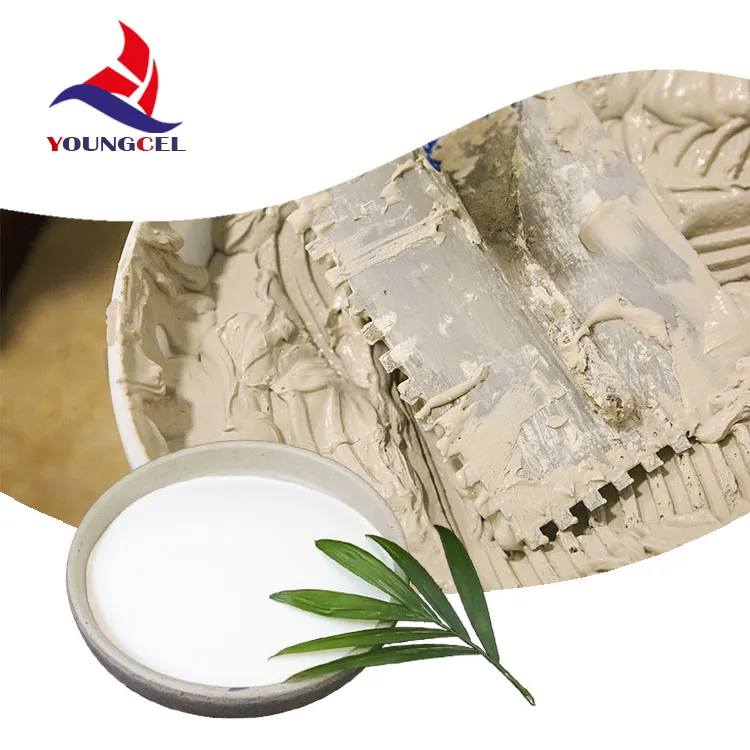Understanding Cement Glue The Unsung Adhesive Champion
Cement glue, often overlooked in the vast world of adhesives, plays a crucial role in various construction and DIY projects. Its properties make it a preferred choice for bonding materials that require durability and strength, particularly in environments where heat and moisture can be a concern. In this article, we will explore the composition, applications, advantages, and limitations of cement glue, revealing why it deserves more recognition as an essential adhesive.
Composition of Cement Glue
Cement glue is primarily made from a mixture of cement, water, and often additional polymers or additives that enhance its bonding capabilities. The primary component, cement, is a fine powder made from clinker, a mix of lime, silica, alumina, and iron oxide. When mixed with water, it undergoes a chemical reaction known as hydration, which allows it to harden and create a rigid bond. The addition of polymers can improve flexibility, adhesion, and weather resistance, making cement glue suitable for a broader range of applications.
Applications of Cement Glue
The versatility of cement glue makes it suitable for various applications. It is commonly used in construction for bonding tiles, stones, bricks, and concrete blocks. In the tiling industry, for instance, cement glue is used to securely attach tiles to floors and walls, providing a stable foundation that can withstand considerable weight and stress.
In addition to traditional construction, cement glue is increasingly used in the creation of sculptures, arts and crafts, and even in home repair projects
. Its waterproof properties enable its use in outdoor environments, making it ideal for garden decorations or fountains. Furthermore, cement glue is used in repairs involving concrete structures, effectively mending cracks and reintegrating broken pieces.Advantages of Cement Glue
cement glue

One of the most significant advantages of cement glue is its strength. Once cured, it forms a bond that can withstand high levels of stress and strain, making it ideal for heavy-duty applications. Additionally, cement glue is heat and moisture resistant, ensuring that the materials it bonds together remain intact even in challenging weather conditions.
Another advantage is its durability. Cement glue is resistant to many chemicals, including acids and bases, which can be beneficial in various industrial applications. Its long lifespan makes it an economical choice for long-term projects, as it requires minimal maintenance once applied.
Limitations of Cement Glue
Despite its many advantages, cement glue does have some limitations. One notable drawback is that it can be brittle once set, meaning it might not perform well in applications requiring flexibility. Additionally, the setting time for cement glue can be relatively long compared to other adhesives, which may not be ideal for projects requiring rapid completion.
Moreover, preparation for using cement glue can be labor-intensive. Surfaces must be adequately cleaned and prepared to ensure a strong bond, and the mixing process requires attention to detail to achieve the right consistency.
Conclusion
Cement glue may not be the first adhesive that comes to mind when considering bonding solutions, but its strength, durability, and versatility make it an invaluable tool in construction and DIY projects. Whether you are laying tiles, fixing outdoor structures, or embarking on artistic endeavors, cement glue proves to be a reliable partner. As with any adhesive, understanding its properties and limitations will help you make informed choices and achieve successful results in your projects. Next time you reach for an adhesive, consider the remarkable capabilities of cement glue—sometimes, the best solutions are found in the most unexpected places.
-
The Application and Significance of Construction RdpNewsMay.19,2025
-
Industrial Grade HpmcNewsMay.19,2025
-
Building Coating Adhesive Building Coating Adhesive HpmcNewsMay.19,2025
-
Application Of Hpmc For Detergent For Detergent In DetergentsNewsMay.19,2025
-
Application Of Hpmc Cellulose In Cement-Based MaterialsNewsMay.19,2025
-
Application Of High Quality Hpmc For Construction In The Field Of ConstructionNewsMay.19,2025




